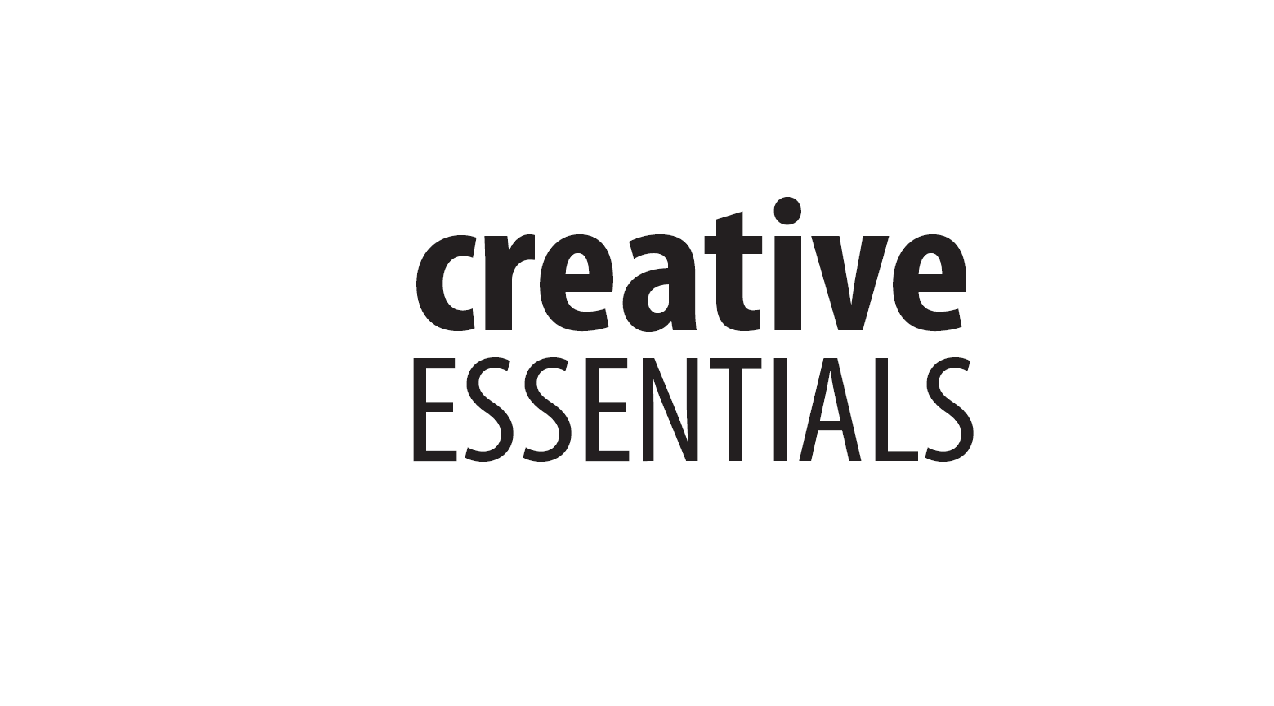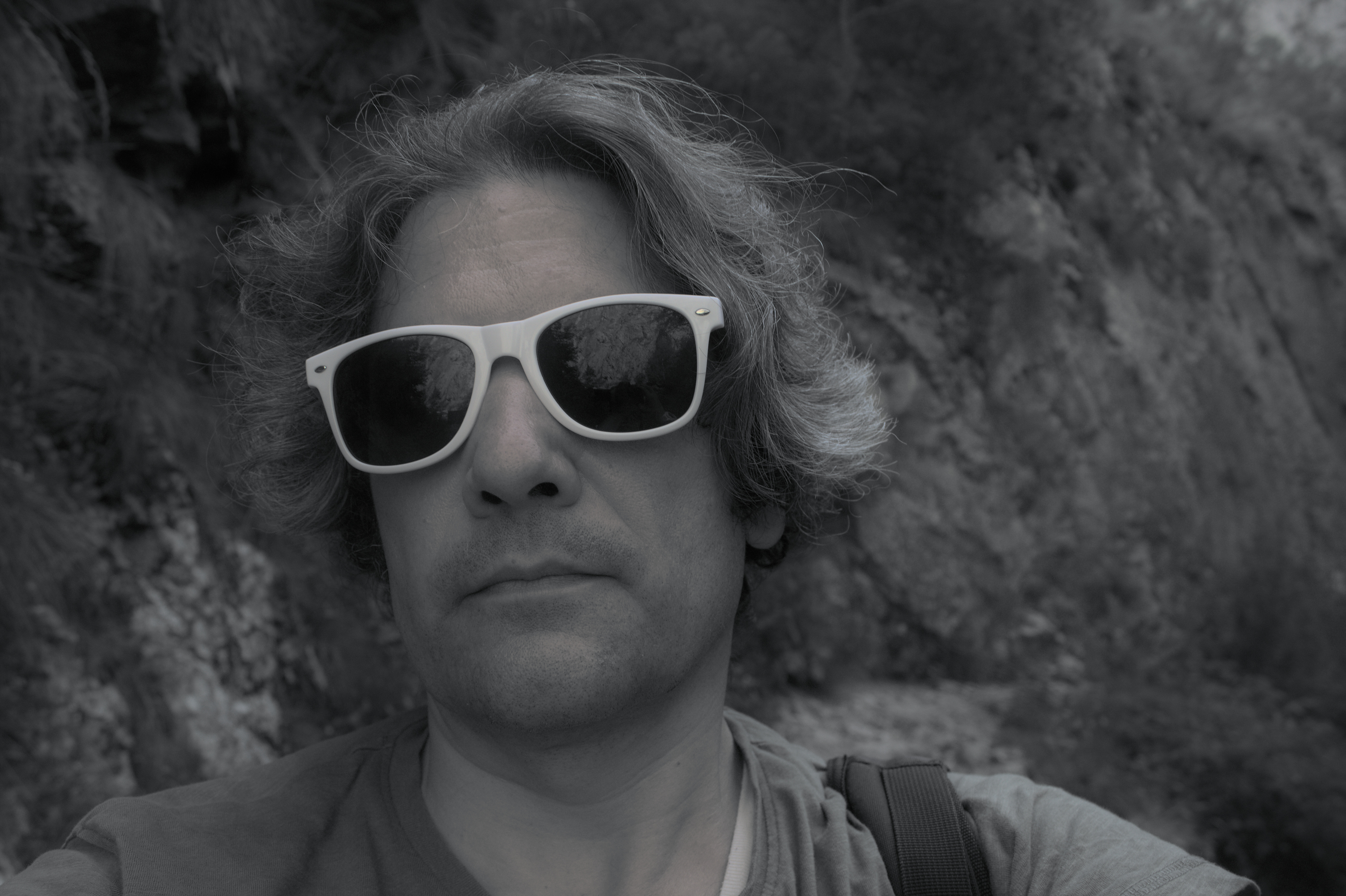ASK & DISCUSS
INDEXIf you could have a book on any aspect or genre of screenwriting (that isn't currently available) what would it be?
10 years, 9 months ago - Claire Holloway
To celebrate the New Year, Creative Essentials offered a fantastic giveaway opportunity for all aspiring screenwriters.
Entrants had to answer the following question:
If you could have a book on any aspect or genre of screenwriting (that isn't currently available) what would it be?
We had some great entries but our overall winner was STEPHEN POTTS with his brilliant (and catchy) title:
APPROACHING ADAPTATION
Our editor was really impressed by Stephen's proposal and is now considering commissioning it! Stephen won FIVE top screenwriting guides from internationally acclaimed industry professionals:
The Art of Screenplays - Robin Mukherjee
Writing for TV - Yvonne Grace
Rocliffe Notes - Farah Abushwesha
Reading Screenplays - Lucy Scher
Screenplays: how to write and sell them - Craig Batty
We would love to hear what other screenwriting titles you think the industry needs. Whether you're an aspiring screenwriter, budding author or simply a film/tv enthusiast - do join in the discussion and let us know what you'd like to see published!
- The Creative Essentials Team
www.kamerabooks.co.uk/creativeessentials
@CreativEssntls
Only members can post or respond to topics. LOGIN
Not a member of SP? JOIN or FIND OUT MORE
10 years, 9 months ago - Stephen Potts
Many thanks. The books arrived today - they make a great set. My only quandary - which to read first?
My full title was "Approaching Adaptation: What to Cut, What to Keep, and Why."
Emerging screenwriters know well that many films (and the majority of those which pick up awards) are adaptations - but we tend to avoid doing them when starting out. It seems we feel a need to get an original or two under our belts before trying. I'm not sure it has to be that way. Sure, adaptations bring additional problems (not least the "orphan script" - you pour your efforts into a script you are proud of, and then find the author's representative won't renew the rights deal. I've been there). But they bring significant advantages too, even for those of us still trying to "break in"( a phrase I don't like: it implies stealth, shame and a criminal enterprise).
So I'd like to see a book aimed at writers early in their careers, and intended to give them the confidence to tackle adaptations from the outset.
10 years, 9 months ago - Vasco de Sousa
I think it would be great to have something on the business side of screenwriting, from options to commissioning. There are thousands of books out there on adaptation, dialogue, story structure, on "writing mistakes", and so on. Most of those are just one person's opinion of what makes a "great" script, and their opinions of good and bad scripts don't usually coincide with what actually makes money.
There are only a few on the business of screenwriting, and they are mostly out of date. I haven't seen anything from the point of view of a producer or director and their relation to the treatment, option, and other parts of development, in independent films.
By business I mean money.
10 years, 9 months ago - Paddy Robinson-Griffin
Just to add to Marlom's muddy field - with all the irony befitting a well made plan - it'll be bone dry when you want to shoot. You'll need to damp down, and damp down deep, and that means a bowser, pump, etc. That means getting water into the bowser, that means using hydrant points and arranging that with the council and paying, then getting that to the field, only to find everything looks odd with just one muddy patch... So a wider damp down needed...
The farmer goes insane that you've damaged planted crops/scared his livestock/dug a pit/whatever - rightly demands reparations.
The lead actress slips in the mud, she hurts her wrist badly. No medic on site, someone drives a muddy woman to hospital (plus pays for valeting the car), arm in plaster and that's the end of shooting. It's also stopping her working as a waitress in the evenings, so you're paying 6 weeks lost earnings. Better hope your employers liability will pay out - but you didn't get insurance because it had a cost...
This is why it's never free, no matter how easy it seems it should be!
10 years, 9 months ago - Paddy Robinson-Griffin
On Vasco's theme, a pamphlet that would make essential reading is 'Budgeting for Writers'. Writers are sometimes encouraged to use wild imagination, cobble together a heap of set pieces, and wonder why nobody wants to make their scripts.
You can't teach nuanced production in a short book, a long one would be deathly dull and date, but helping writers understand that script X will cost £xM to film, but script Y maybe only £yM and is hence the easier sell. There really is a market for adapted stage plays (12 Angry Men, Glen Garry Glen Ross for instance) which can be very economical to shoot and produce a far more intense experience than yet another action sequence through the streets of with clumsy dialogue and guns.
If a writer has the tools to understand why a script might be less viable than another, they can be more discerning with who sees what. I saw a great script from someone here, had some lovely ideas, but was financially impossible by being shot 1) period with 2) stunts involving 3) period vehicles being smashed up through 4) period streets to a 5) very specific soundtrack requiring licencing costs upfront as the whole sequence was written around the track. The film continued in a similar vein. Very capable writer, but didn't have the insight as to why it wasn't as cheap a script as they thought - cash spend would have been comfortably into 7 figures.
My 2p
10 years, 9 months ago - Marlom Tander
Budgeting full stop :-) I'm amazed at how the "creatives" seem to have no grasp of costs, ESP for "cheap" films.
A "What Costs What - or why your mates working for free will still cost you thousands" book should be mandatory reading for all Creatives.
E.g. Wet Muddy Fields ain't free. "Peter and Jane ditch the broken down car and head across the wet muddy field. The Baddies pull up and start to give chase. Peter and Jane flee, slipping and falling and getting up again, desperate to escape. When she first falls Jane changes from thinking it's a bit of fun, to realising this is deadly serious".
The field is free. The crew are free. The cast is free. Everyone has a thermos and sandwich and travelled in their own car. So where's the cost? Costumes. They ain't wearing their own clothes for that. And Jane's "fall, react, realise" is key, so you have to assume multiple takes. And there's a couple hundred quid gone, at least..
OR know that the muddy field is too expensive and write it so that something cheaper is where Jane has her reality check.
Hell, I could even be persuaded to write it.
10 years, 9 months ago - Lucy Hay
I'd like to see a book on budgets, from micro to massive. Hollywood makes filmmaking look easy, so people think it really IS - so I'd like to see a book that plots a collection of movies from their original greenlight from a prodco or studio thru the invariable changes that get made (both creative and commercial, as well as logistical) to what the audience actually sees.
10 years, 9 months ago - Stephen Potts
Julian Freidman's "How to Make Money Scriptwriting" - which I found very useful - covers a lot of the business of the business. The second edition came out in 2000 so it may be out of date in places. I don't know if he is planning a third.
Farah Abushwesha's new book, just out, also covers this in some detail, and is aimed not solely at writers but writer/directors.
This suggest another way forward: a book aimed at ALL the key crafts: writers, directors, producers, cast, editors, composers, cinematographers, sound. A writer might write a section for producers on dealing with writers: an actor might write a section for directors on dealing with cast. A composer might write a section for all the others on how to commission and use a score. And so on.
The aim would be to try to give each discipline an understanding of the other's perpectives and pet peeves, and thereby to break down stereotypes (the "difficult writer", the shark-producer, the prima donna actor, the cinematographer who doesn't care about the story as long as it looks good, etc etc).
And all of them need to know about budgeting.





